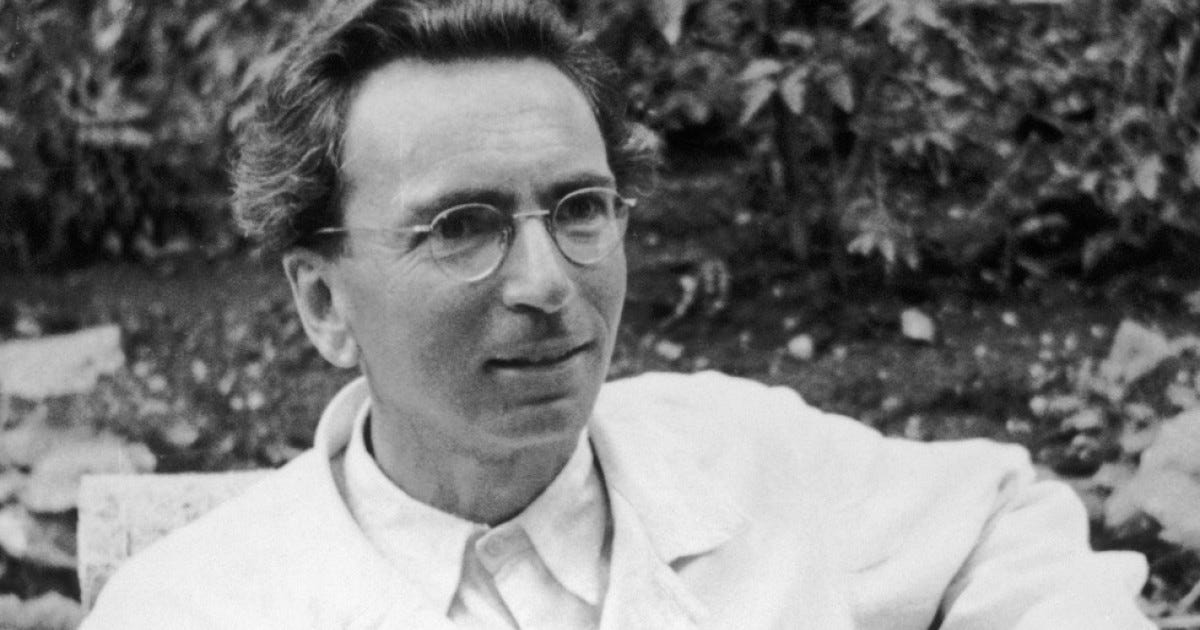Viktor Frankl & Meaning: How Suffering Holds Purpose Today
Imagine being stripped of everything. Your family, your possessions, your very identity. Reduced to a number, enduring daily brutality, staring death in the face. This was the reality for Viktor Frankl, a psychiatrist who survived the Nazi concentration camps of World War II. But from the ashes of this unimaginable suffering, Frankl discovered something extraordinary: the power of meaning. It wasn't just a philosophical exercise; it was the key to survival. Can something so profound, forged in such a horrific context, hold relevance for us today, in a world seemingly removed from such extremes? Absolutely.
The Crucible of Survival: Frankl’s Journey
Frankl's experience at Auschwitz wasn't just a test of physical endurance; it was a brutal experiment in the human spirit. Surrounded by death and despair, he observed that those who survived weren't necessarily the strongest, but those who possessed a reason to live. A purpose. A hope. This observation became the foundation for his groundbreaking work, Logotherapy, a school of psychotherapy centered on the belief that the primary motivational force in humans is the striving to find meaning in life.
Frankl understood that we can't always control our circumstances. We can't avoid suffering. What we *can* control, however, is our attitude toward it. This is the essence of what Frankl called "tragic optimism": maintaining hope and courage in the face of suffering. He found that even in the bleakest of environments, a person could retain their freedom by choosing how they responded to their reality. This wasn't about denying pain, but about transforming it into something meaningful.
Three Paths to Meaning: Frankl's Prescription
How, then, does one find meaning, even in the face of adversity? Frankl outlined three primary ways:
Through Creation: This includes the work we do, the projects we undertake, and the contributions we make to the world. It's about using our talents and skills to create something of value.
Through Experience: This involves encountering something or someone, such as experiencing nature, beauty, art, or, most profoundly, love. It’s about opening ourselves up to the world and allowing ourselves to be touched by it.
Through Attitude: This is the most crucial and, arguably, the most challenging. It’s about finding meaning in unavoidable suffering. It's about taking a stand, even when we can't change our situation.
Think about that last point for a moment. Suffering is inevitable. But what if our suffering could be a source of meaning? What if we could choose our response, even when we couldn't choose the pain itself?
Meaning in a Modern World: Applying Frankl's Wisdom
Frankl’s insights are not confined to the context of concentration camps. They are profoundly relevant to the challenges we face today. Consider:
Climate Change: The looming threat of environmental devastation can feel overwhelming. How do we find meaning in the face of such a massive problem? By taking action, advocating for change, and finding a sense of purpose in contributing to a solution.
Political Division: The polarization of society often breeds anger and despair. How can we find meaning in navigating these divisions? By choosing compassion, seeking understanding, and actively working towards dialogue and reconciliation.
Technological Overload: The constant stream of information and the pressure to be “connected” can leave us feeling depleted and anxious. How do we find meaning in a hyper-connected world? By consciously disconnecting, prioritizing authentic relationships, and focusing on what truly matters.
These aren't easy questions, but Frankl’s framework provides a powerful starting point. We can begin to grapple with our own anxieties and take the reins of our own meaning. If you are ready to dive deeper into Viktor Frankl’s powerful approach, here is a video that summarizes the core concepts:
The Power of Attitude: Choosing Your Freedom
The heart of Logotherapy lies in the power of attitude. Frankl understood that even in the most dire circumstances, humans possess the freedom to choose their response. This wasn't a passive acceptance of suffering, but an active embrace of the potential for growth and meaning within it.
“Everything can be taken from a man but one thing: the last of the human freedoms—to choose one’s attitude in any given set of circumstances, to choose one’s own way.” – Viktor Frankl
This is the core of Frankl's message. We can’t always control what happens to us, but we *always* control how we respond. We can choose to let suffering define us, or we can choose to find purpose within it.
Turning Pain into Purpose: Practical Exercises
How can we apply Frankl’s principles to our own lives? Here are some practical exercises:
Identify Your Values: What truly matters to you? What principles guide your actions?
Find Your “Why”: What is your reason for being? What keeps you going, even when things are difficult?
Practice Gratitude: Focus on what you have, rather than what you lack.
Embrace Challenges: View obstacles not as roadblocks, but as opportunities for growth and meaning.
Connect with Others: Build strong relationships and support systems.
The journey to finding meaning is not always easy, but it is always worthwhile. The potential for transformation is immense, and the rewards are immeasurable.
Unlock deeper insights with a 10% discount on the annual plan.
Support thoughtful analysis and join a growing community of readers committed to understanding the world through philosophy and reason.
Conclusion: Reclaiming Your Life
Viktor Frankl’s insights offer a beacon of hope in a world often shrouded in darkness. His life, and his work, stands as a testament to the resilience of the human spirit and the enduring power of meaning. His concepts are more than academic theories; they are a practical guide to living a purposeful life, even amidst suffering and uncertainty.
So, are you ready to reclaim your freedom? Are you prepared to transform your pain into purpose? The choice, as Frankl so powerfully demonstrated, is yours.



